SUSTAINABLE DEVELOPMENT AGENDA & YOUNG PEOPLE: Recognising Voices and Claiming Rights
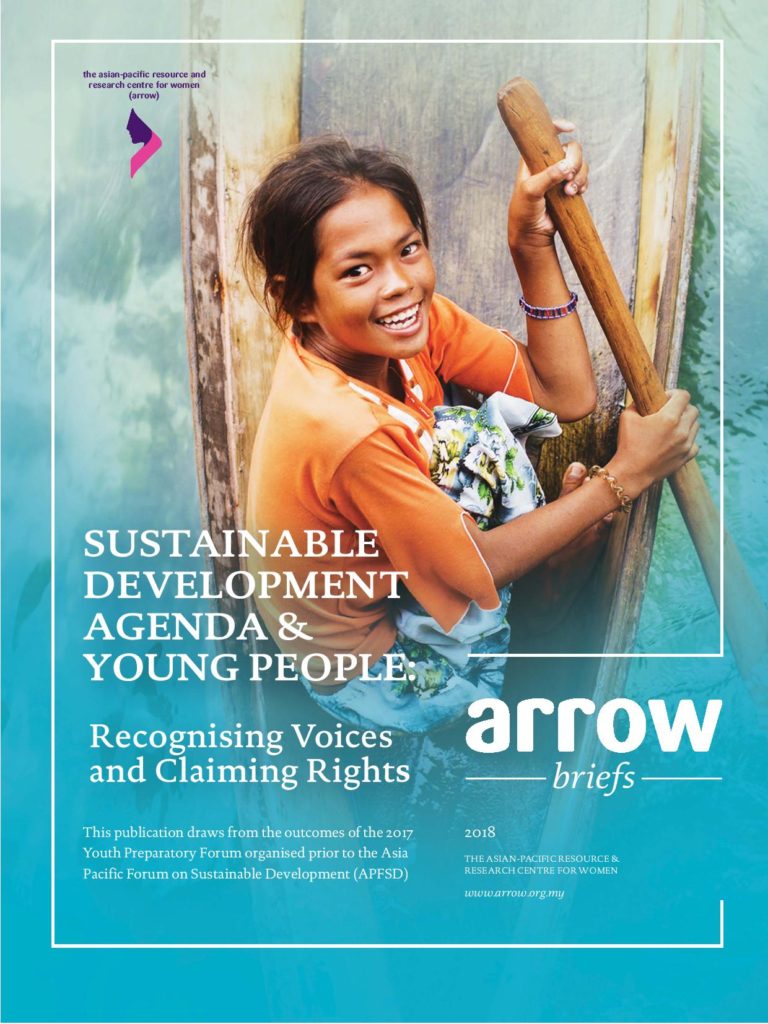
This series of briefs aims to consolidate the outcomes of the 2017 Pre-Asia-Pacific Forum on Sustainable Development (APFSD) Youth Forum8 and the evidence base related to the SDGs and young people, with a focus on ensuring their sexual and reproductive health. It also recommends action to address the challenges faced by young people within the […]
DEVELOPMENT AS DIGNITY: Frontline Stories from Development Experts in the Global South
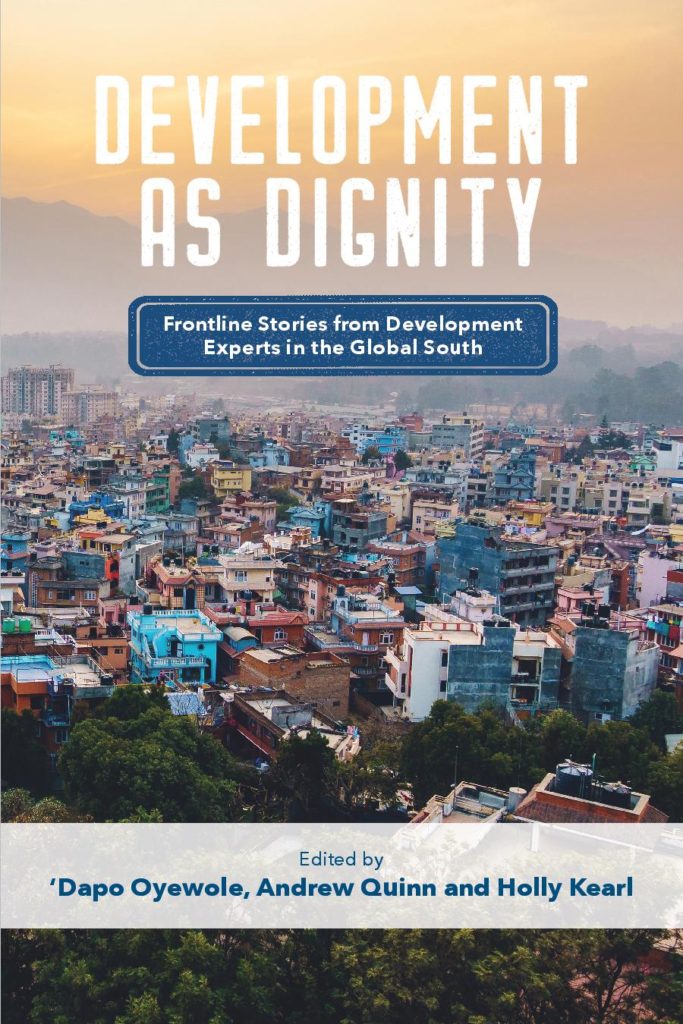
The Aspen Institute’s Global Innovators Group launched the New Voices Fellowship in 2013 to begin rebalancing the conversation. We believe that expert voices from the developing world must drive the public discussion of global development priorities, and that their stories will guide us all into the future. This collection gathers some of those stories. […]
FEMICIDE Volume XI: Cyber Crimes Against Women & Girls
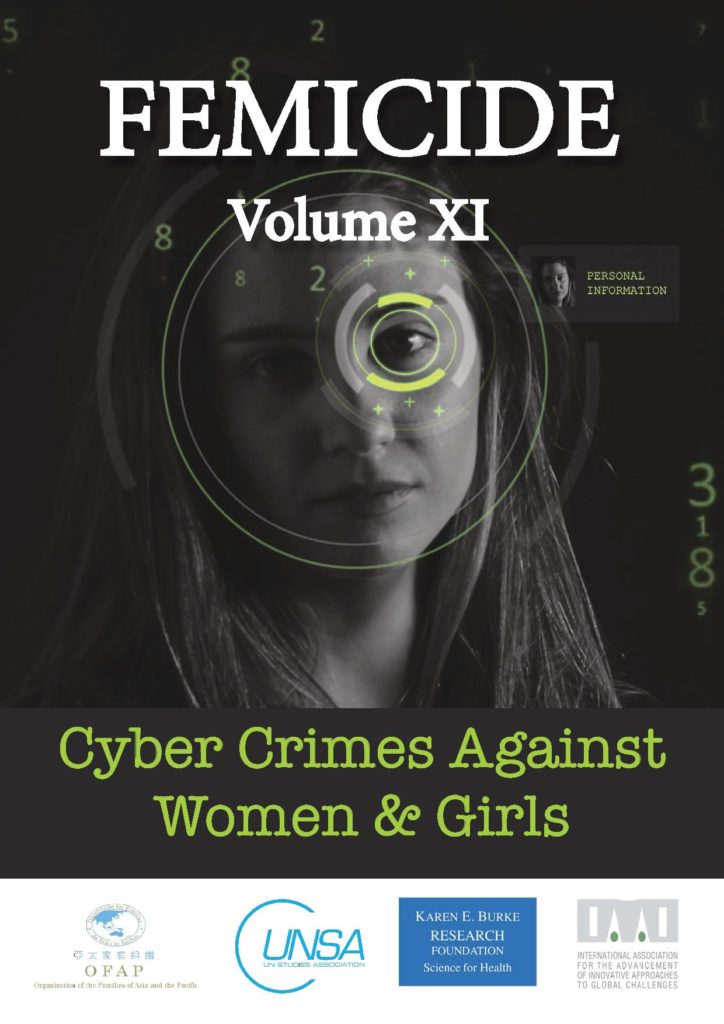
Present day cyber crimes have herstorical forerunners. In this article we travel back to 1910 and before. Reading Ernest Bell’s edited book titled, “Fighting the Traffic in Young Girls or War on the White Slave Trade,” reveals the modus operandi of traffickers, torturers, and buyers of that era.1 However, perpetrators’ tactics, past and present, of […]
FEMICIDE Volume X: Contemporary Forms of Enslavement of Women & Girls
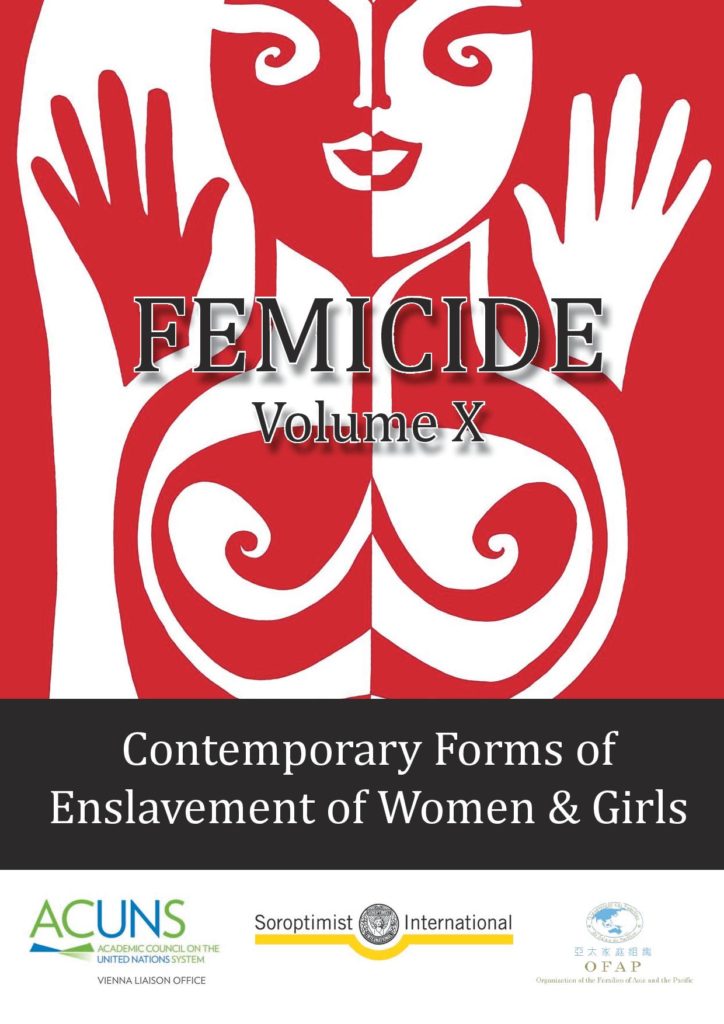
Slavery did not officially end with its formal abolition in the 19th century; on the contrary it has proved to be a very dynamic phenomenon that has changed forms and structure and that has persisted throughout the world to this very day. According to Anti-Slavery International, an estimated 40.3 million people are subjected to different […]
Gender Perspectives on Torture: Law and Practice

A comprehensive understanding of the unique ways in which society’s most vulnerable persons are affected by torture and other cruel, inhuman or degrading treatment or punishment (ill-treatment) requires the recognition of a gendered analysis and framework that fully encapsulates these atrocities. [gview file=”http://afakneswiah.org/wp-content/uploads/2020/02/CHECKED-Gender-Perspectives-on-Torture_Publication.pdf”]
Global Childhood Report 2019
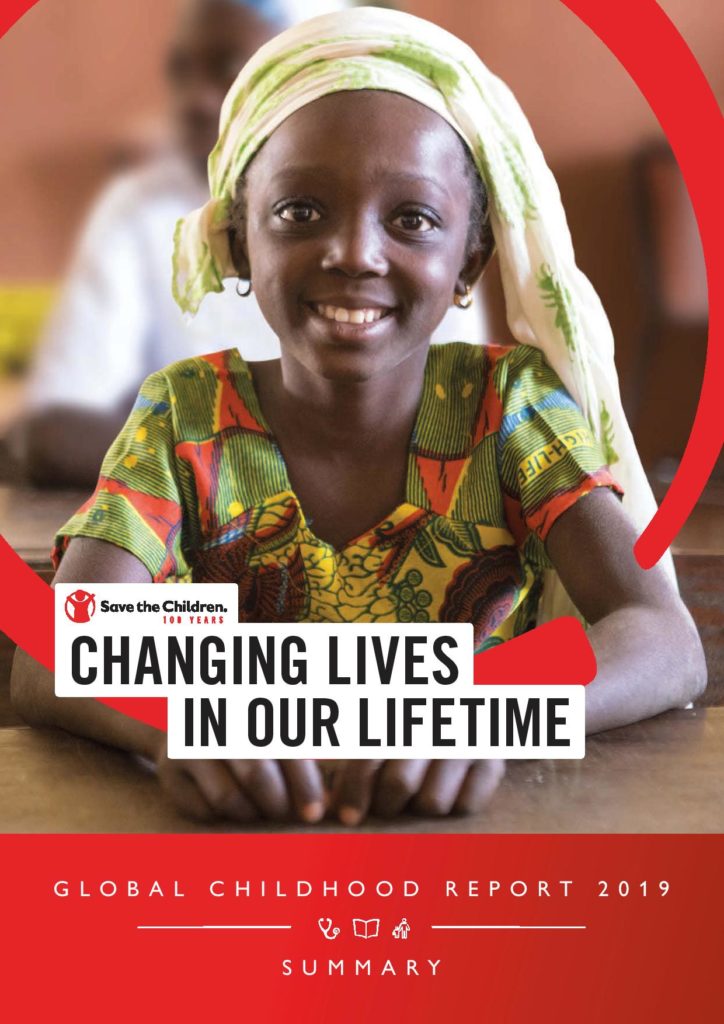
Children born today have a better chance than at any time in history to grow up healthy, educated and protected, with the opportunity to reach their full potential. Even a generation ago, a child was twice as likely to die before reaching age 5,70 percent more likely to be involved in child labor and 20 […]
Applying the Concept of the Informal Economy to Labour Market Changes in Developed Countries: What Can Be Learned
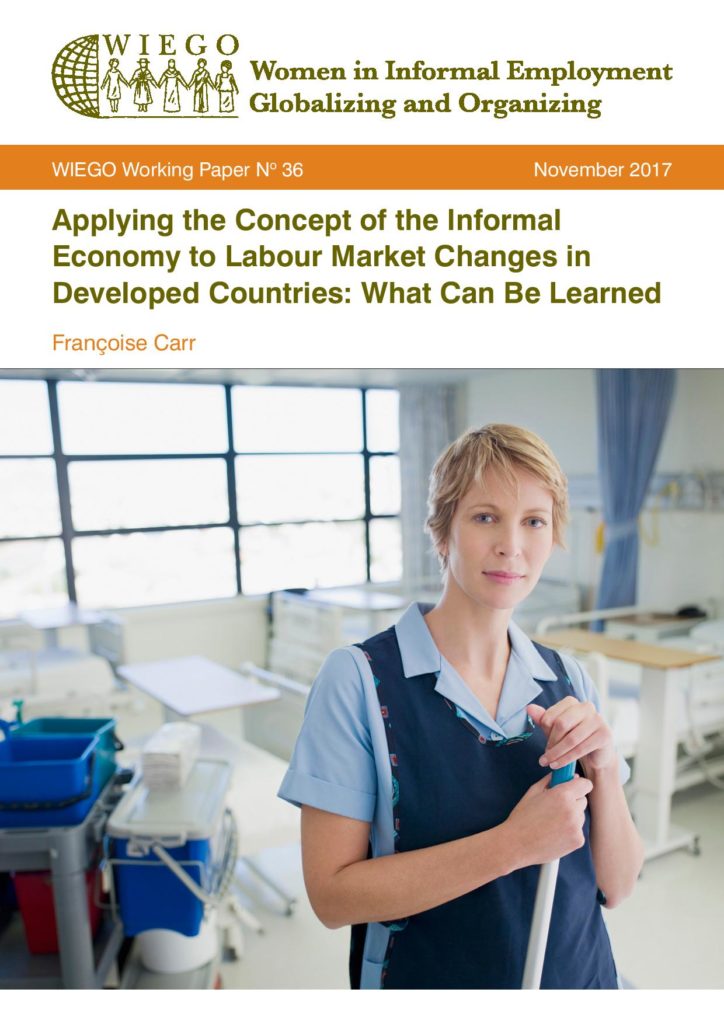
The concept of the informal economy, and informal employment within it, was built to account for apparent contrasts and, some said, disjuncture or divide across economic activities and jobs in developing economies. The reality which they aimed to analyze challenged existing perceptions of developing economies’ labour markets and also their likely trajectories going forward. […]
Women responders Placing local action at the centre of humanitarian protection programming
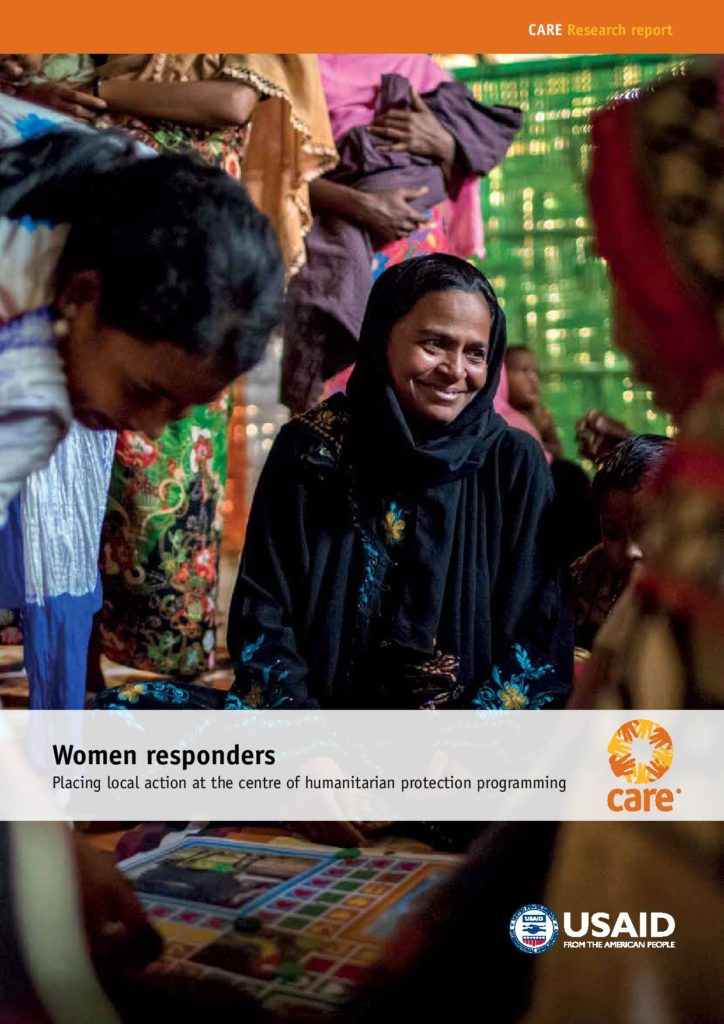
In light of commitments to localisation in ‘The Grand Bargain’ in 2016, recent years have seen increasing discourse on how the aid community can transform the humanitarian system and shift towards preparedness and response that are driven by local actors. In parallel, rather than simply viewing women and girls as passive beneficiaries of assistance, there […]
THE STATE OF THE FOOD SECURITY AND NUTRITION IN THE WORLD 2019
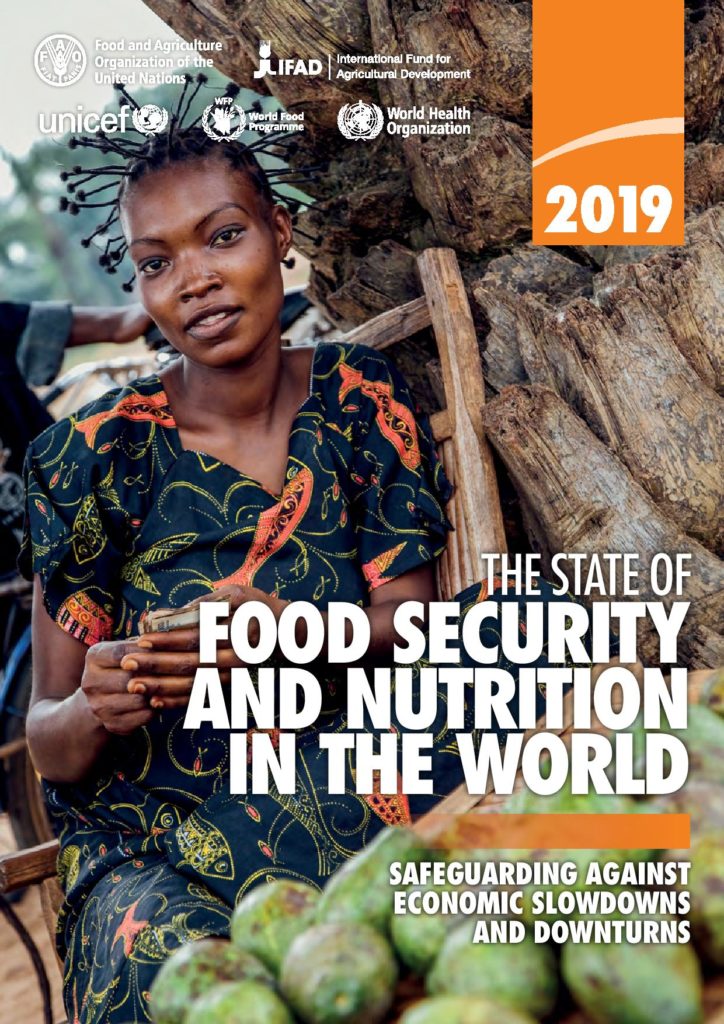
The world population has grown steadily, with most people now living in urban areas. Technology has evolved at a dizzying pace, while the economy has become increasingly interconnected and globalized. Many countries, however, have not witnessed sustained growth as part of this new economy. The world economy as a whole is not growing as much […]
Women’s Economic Empowerment in Selected MENA Countries: KEY FINDINGS
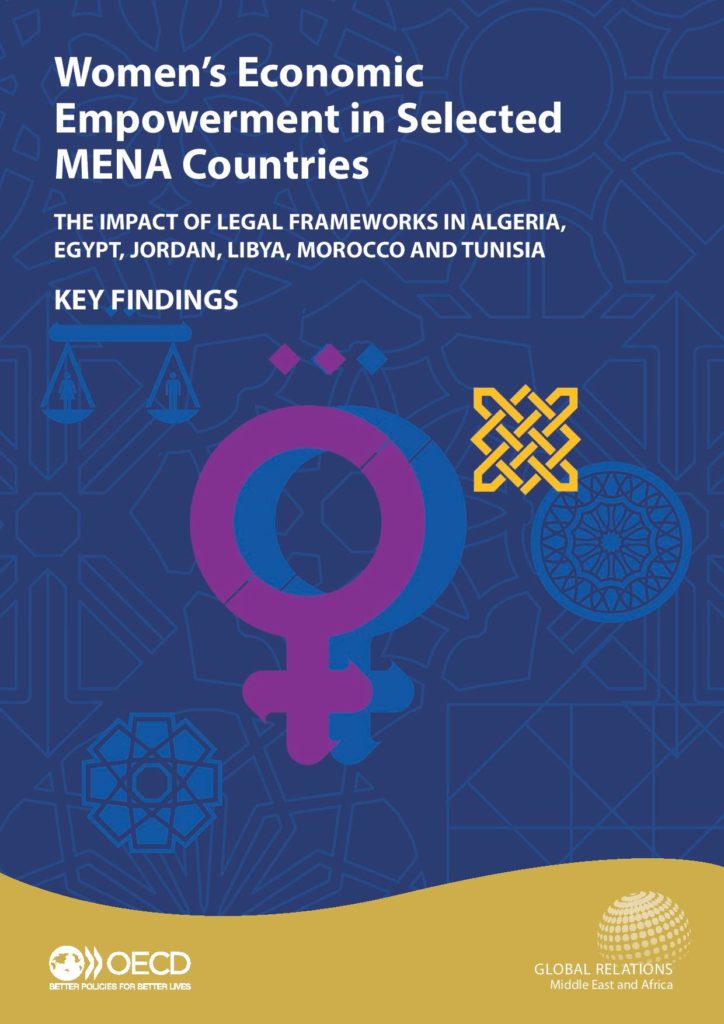
THE IMPACT OF LEGAL FRAMEWORKS IN ALGERIA, EGYPT, JORDAN, LIBYA, MOROCCO AND TUNISIA [gview file=”http://afakneswiah.org/wp-content/uploads/2020/01/Brochure-WEEF-EN-1.pdf”]
